The CEO’s organizational mandate is given “Revenues are down. Expenses must be cut.” The CFO’s natural reaction is to look for expense reductions in departments that are wide viewed as cost centers, like human resources, IT, accounting and, of course, the legal department. The Chief Legal Officer’s new mission critical initiative is savings. At a time when the risk profile and legal exposure of many organizations approaches extreme levels, the legal department must cut costs and drive savings while mitigating risk.
Read MoreChapter 11 bankruptcy is easily the most expensive form of bankruptcy. In fact, professional fees in large Chapter 11 cases involving companies the size of the aforementioned retailers can run into the hundreds of millions of dollars in the blink of an eye. While it is true that the successful reorganization and rehabilitation of a distressed company is not a minor undertaking, it is vital to ensure that “professional fees and expenses paid by the estate are reasonable, actual, and necessary,” according to Section 330 of the Bankruptcy Code and guidelines set by the Office of the United States Trustee.
Read MoreCorporate legal departments want to talk about rates. They want to talk about standard rates and alternative rates. Then comes the hourly rate discount discussion because a discount means better value. Rates are part of the fee for service equation (Rate x Time = Fee) but the far less important component when it comes to driving value. rate negotiations are arguably just a red herring - a seemingly plausible, though ultimately irrelevant, diversionary tactic. The conversations should focus on the work itself. More specifically, who should be doing it, and how long should it take. Time efficiency is the red flag issue.
Read MoreIn the face of the COVID-19 crisis, there are things that the legal industry can do not just to survive, but to adapt, evolve, and thrive.
Read MoreWhat if you could trust every billed hour was a good hour?
The answer was resounding. “It would be so much easier!” They went on to explain that modern mechanisms provide some level of accountability and predictability, trusting their law firm partner was more important. When things change in a matter, and there are always twists and turns, then assumptions need to be adjusted, addendums added, scope changed, and economics modified. Most cases are just too difficult to predict.
Read More





